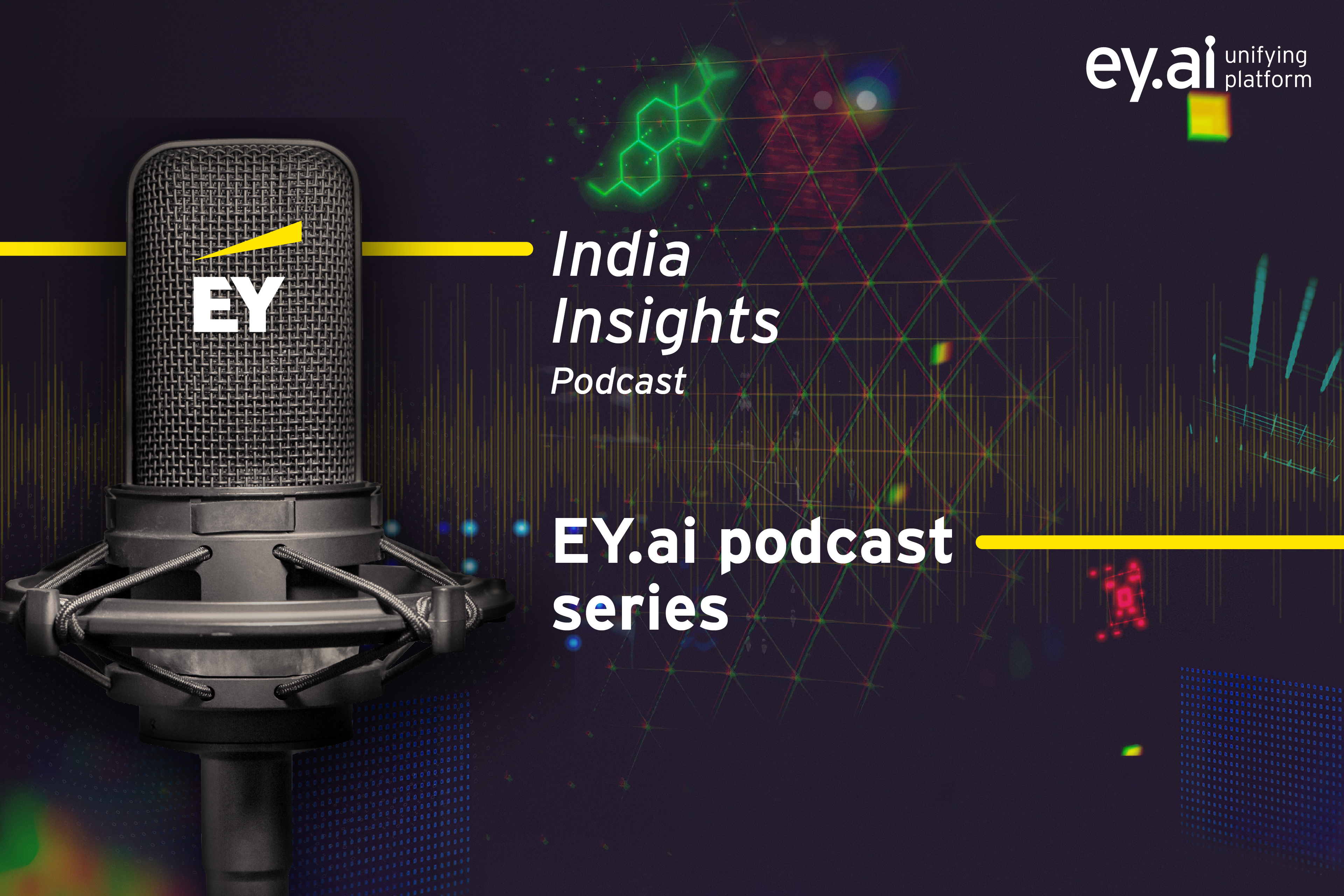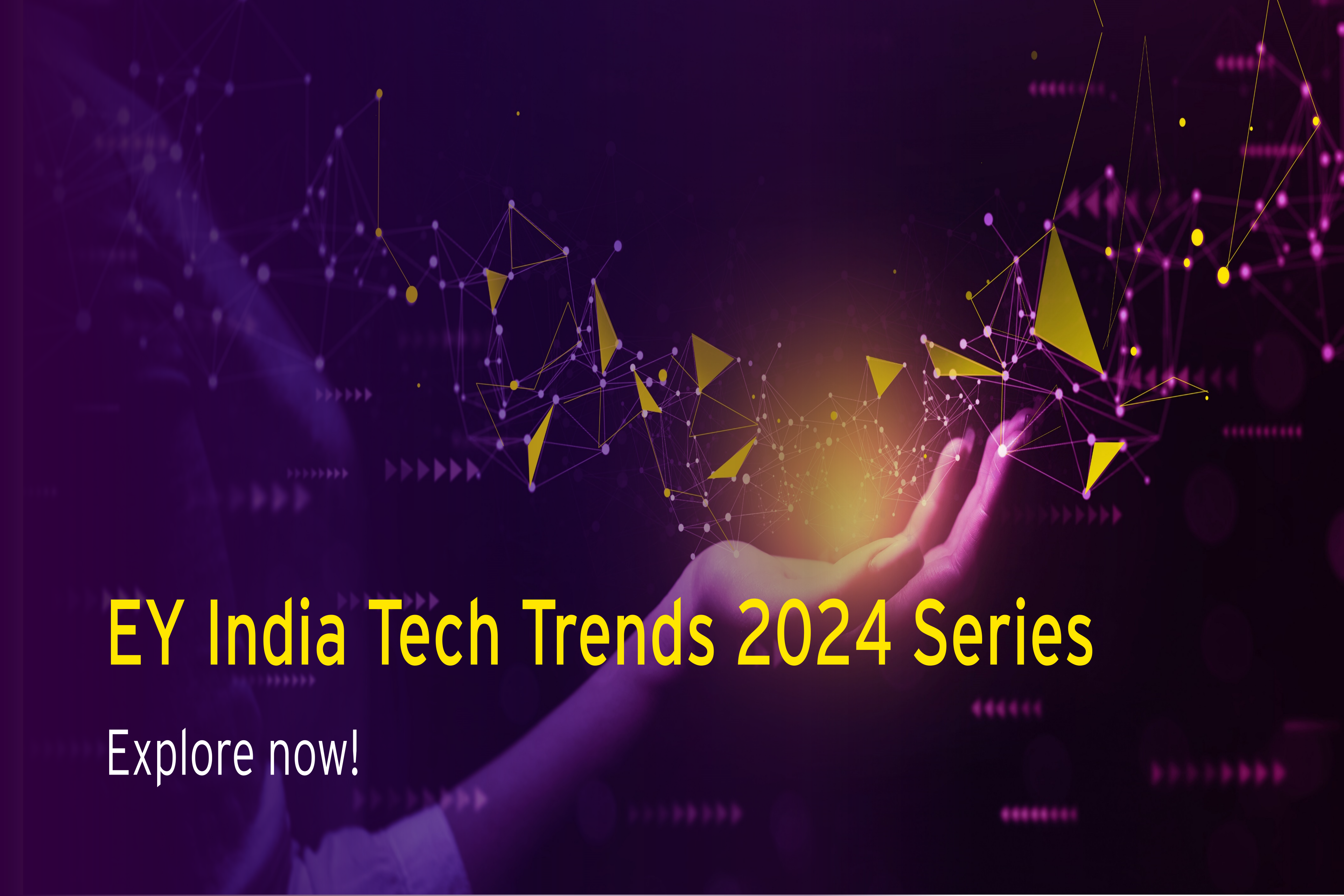With all its abilities, a big question is if Generative AI (GenAI) can reshape the way education has been imparted over the centuries? The short answer is yes, but not immediately. The promise is there for everyone to see, but there are still plenty of kinks to iron out and guardrails to install for the technology to be truly effective in learning outcomes.
Educators, education service companies and, of course, students have started using GenAI tools for their advantages such as scale, ease, efficiency and adaptability. Some of the apps and tools such as ChatGPT (which is an LLM-based chatbot that can help in creating content for various uses), TutorAI (help students learn about any topic or subject) and Poe app (a mobile fast app for themed AI study bots) stimulate creativity by assisting students in brainstorming and generating ideas, thereby providing a fresh perspective and help students explore innovative concepts. Additionally, given that the answers depend on the questions asked, these apps and tools also help students learn one of the most important skills - how to ask better questions.
In the US, teachers have started using GenAI models as assistants to create application-based homework and assignments, explain simpler concepts to their students while they focus on the more complex portions of the lessons as well as for their own academic research. Initiatives such as Dave AI provide teachers in K-12 education with AI-driven activities that can be incorporated across different subjects. Additionally, universities like the University of South Florida are investigating GenAI tools to enhance student learning. These technologies assist in tasks like brainstorming, offering writing feedback, and tailoring learning experiences to individual students. Even Khan Academy has created a special tutor called Khanmigo, which helps students think and challenges them but does not give them the answers straightaway.





